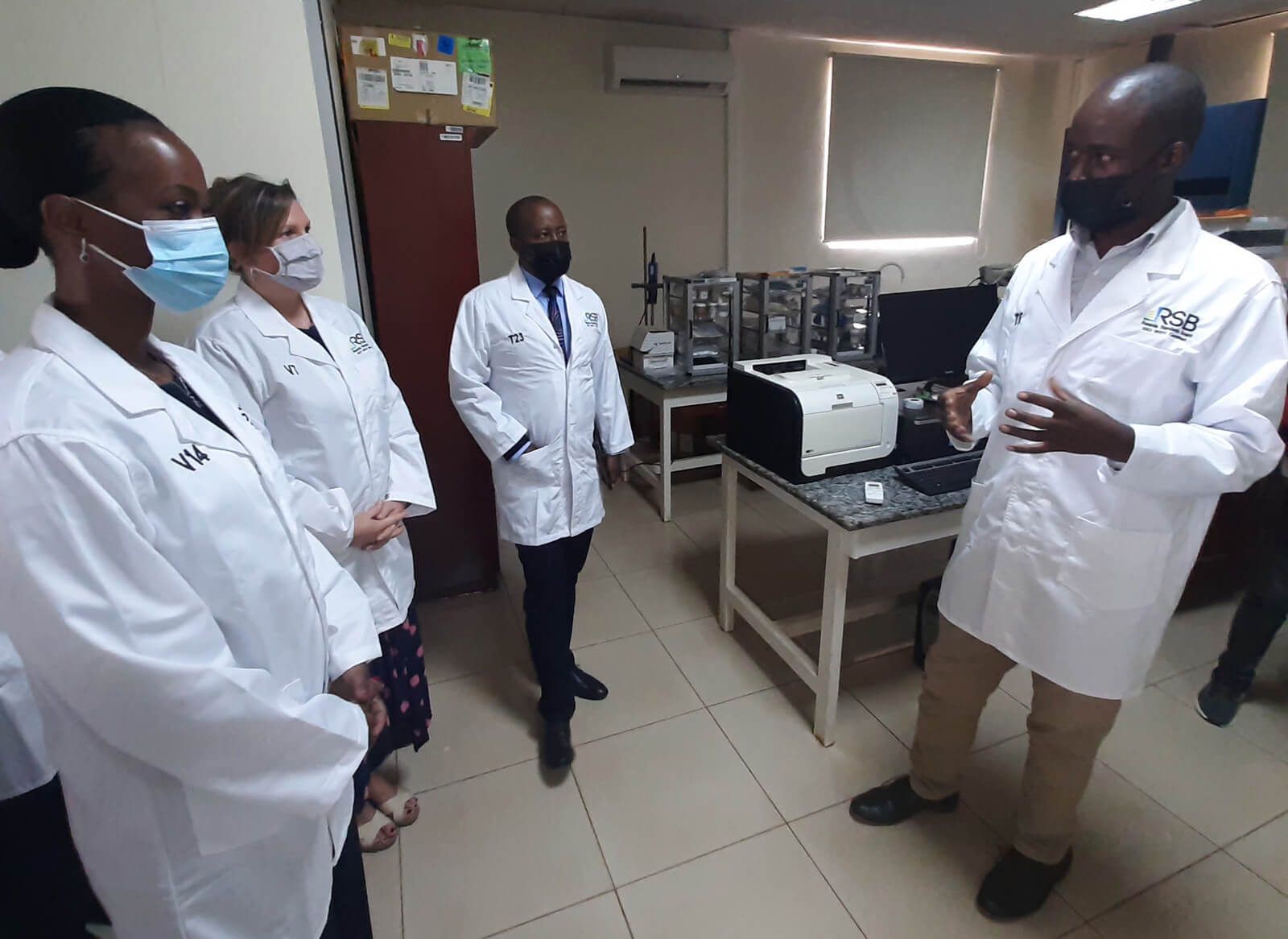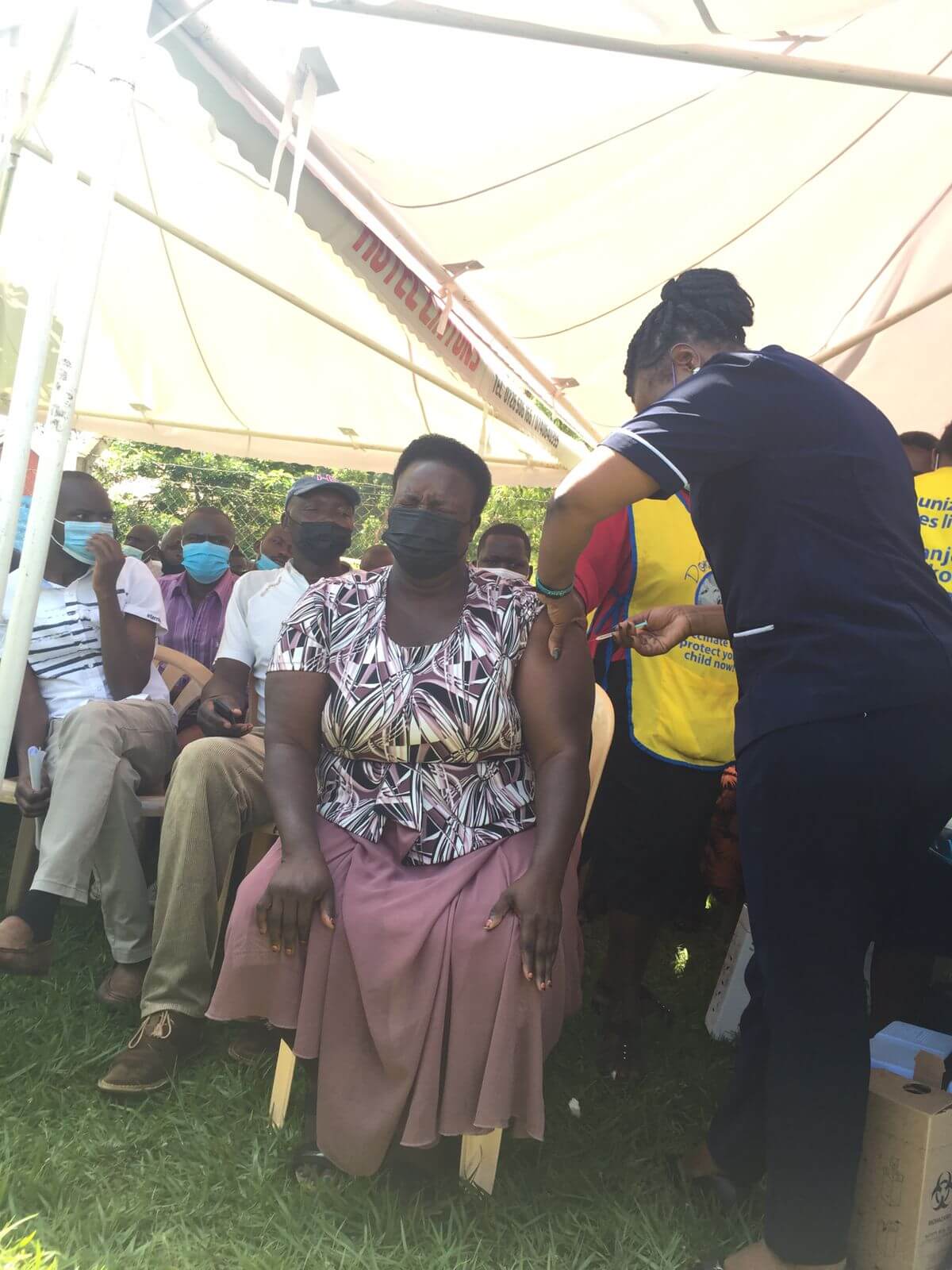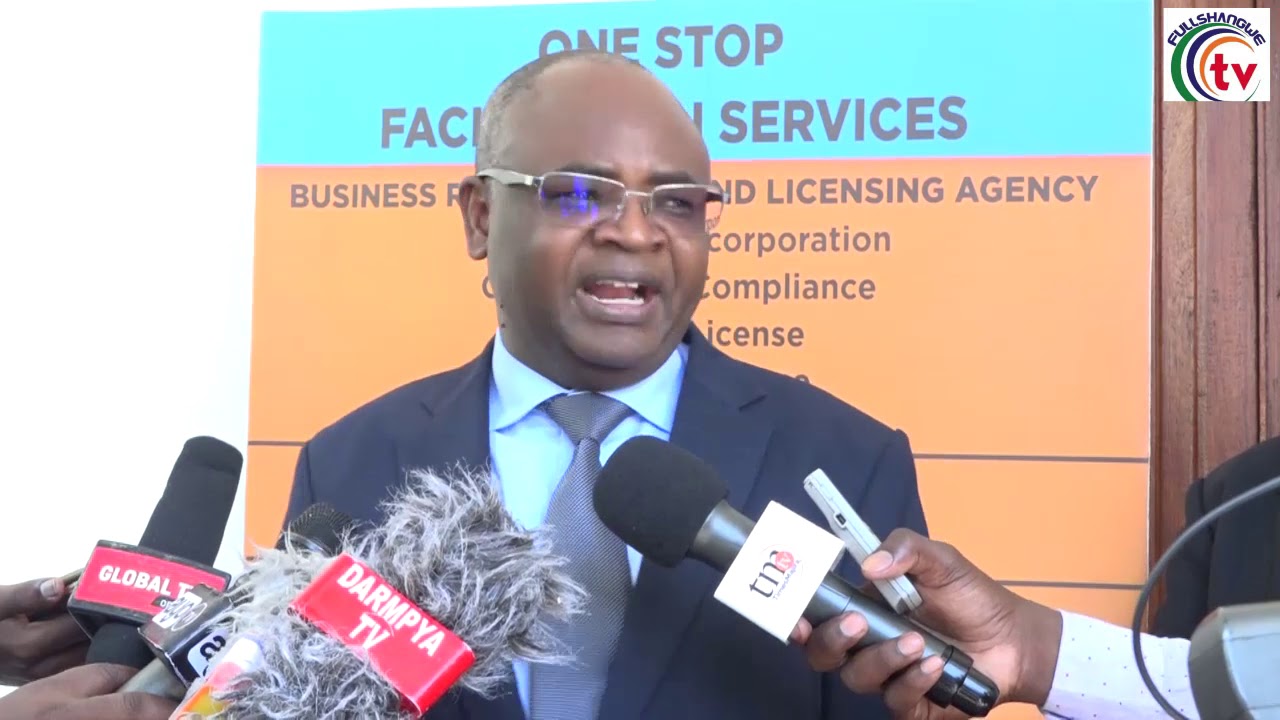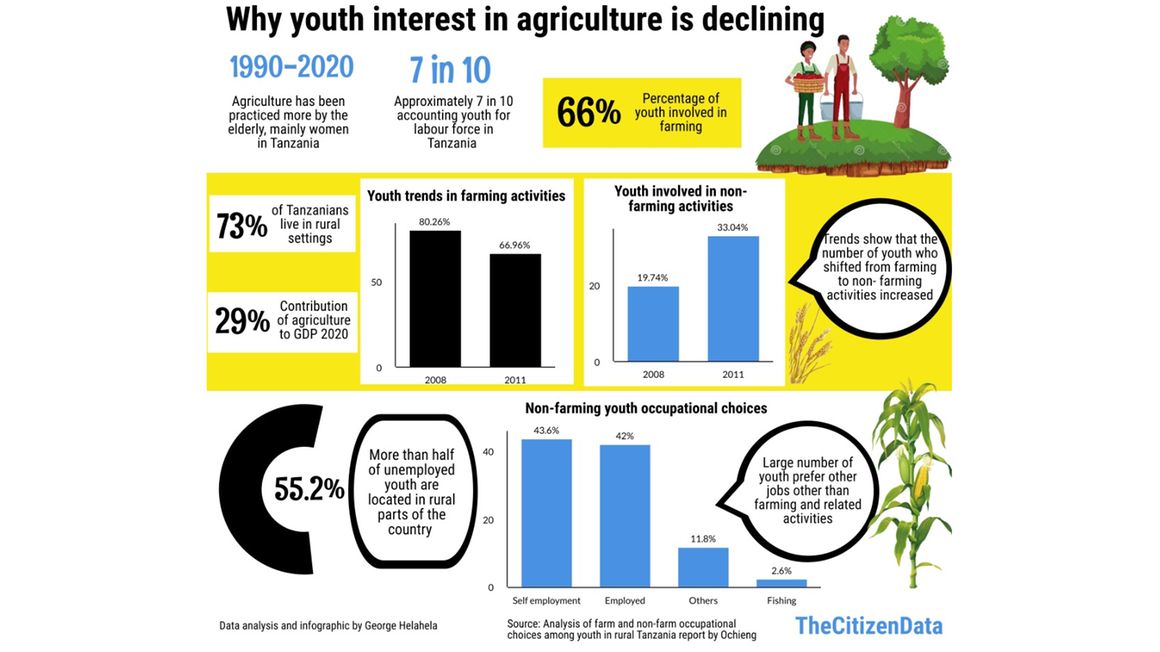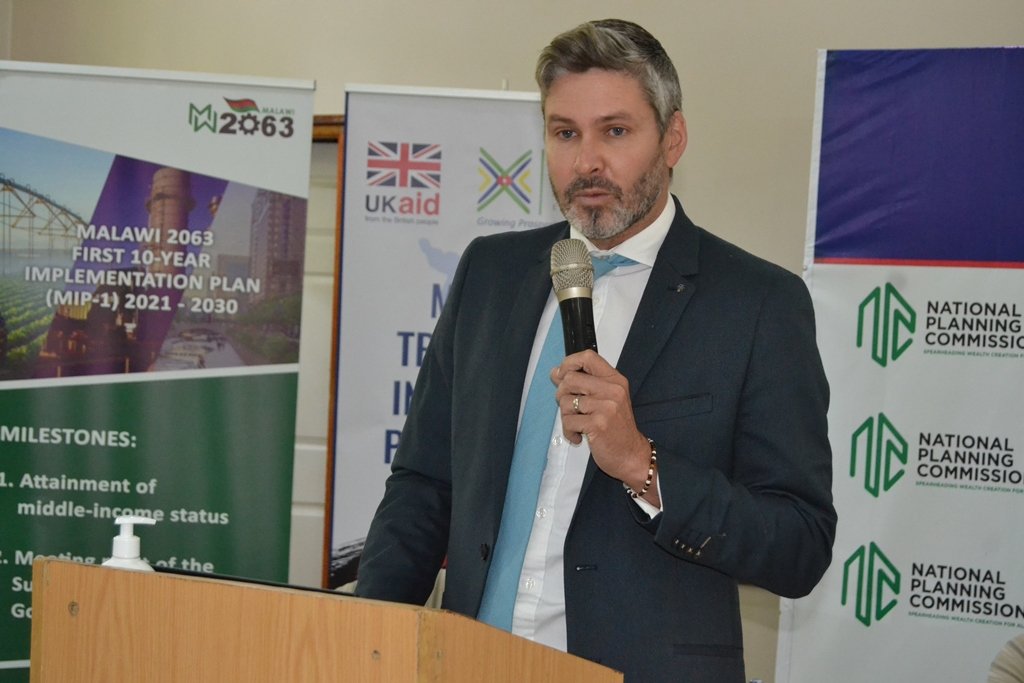Ultimately, though, the only way to defeat poverty and graduate from aid is greatly to increase Foreign Direct Investment (FDI) – of which there is a vast potential reservoir in the world looking for the right destination, writes Peter Fabricius from the Institute for Security Studies (ISS). Ultimately, though, the only way to defeat poverty and graduate from aid is greatly to increase Foreign Direct Investment (FDI) – of which there is a vast potential reservoir in the world looking for the right destination, writes Peter Fabricius from the Institute for Security Studies (ISS). Aid remains among the most important elements of the relationship between the developed world and Africa’s least developed countries (LDCs) in particular. Africa has received more aid than any other region, an accumulated total of more than US$2,4 trillion between 1960 and 2018, according to Jakkie Cilliers in his book The Future of Africa. Yet many observers and analysts believe there has been precious little to show for it. In her 2009 book Dead Aid; Why Aid Makes Things Worse and How There is an Another Way for Africa, the Zambian economist Dambisa Moyo, asked why, despite such large aid, most sub-Saharan countries still “flounder in a seemingly never-ending cycle of corruption, disease, poverty, and aid-dependency.” Her answer was that aid is inherently bad because it creates dependency by removing much of the incentive for African countries to fend for themselves – for example by improving their tax collection systems to earn their own government revenue. It is mostly paid...
OPINION | Peter Fabricius: The Future of Aid in Africa
Posted on: January 20, 2022
Posted on: January 20, 2022


